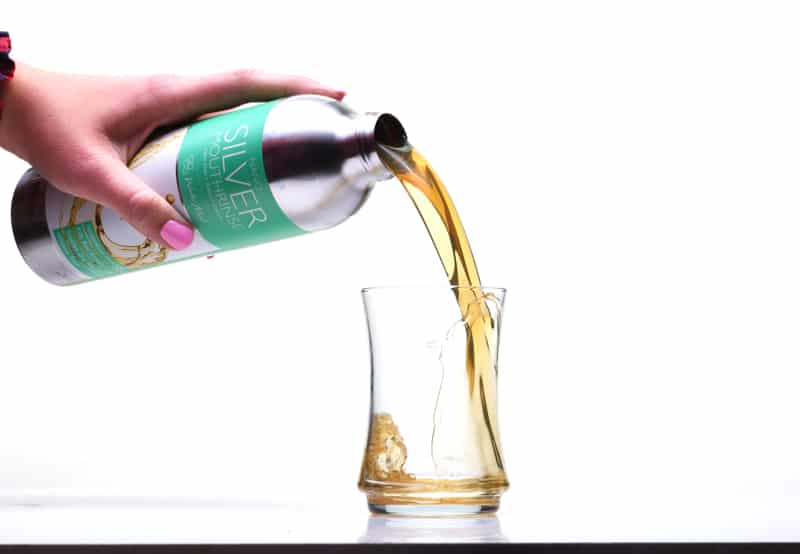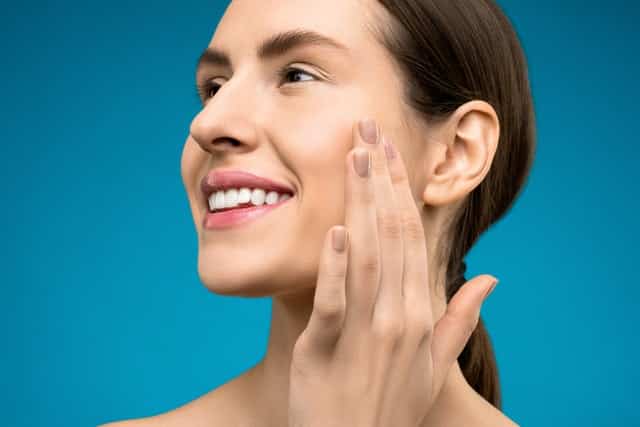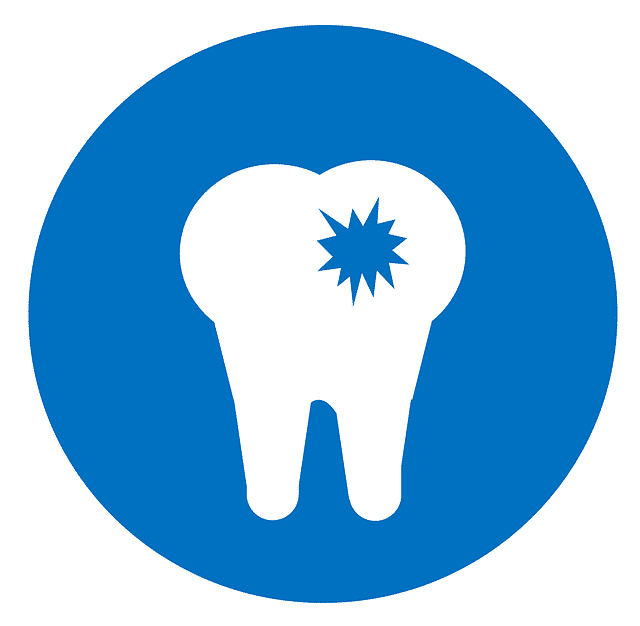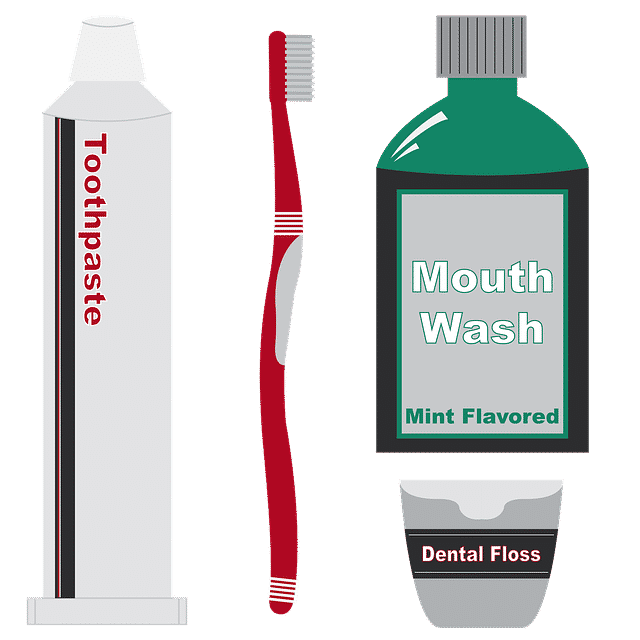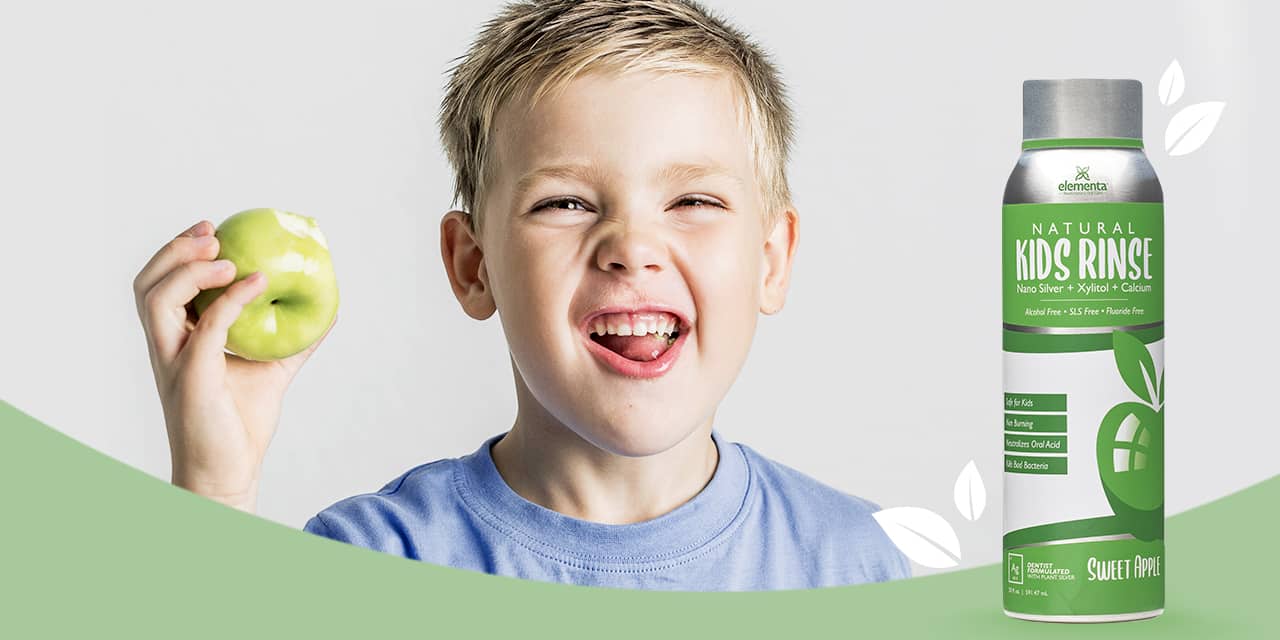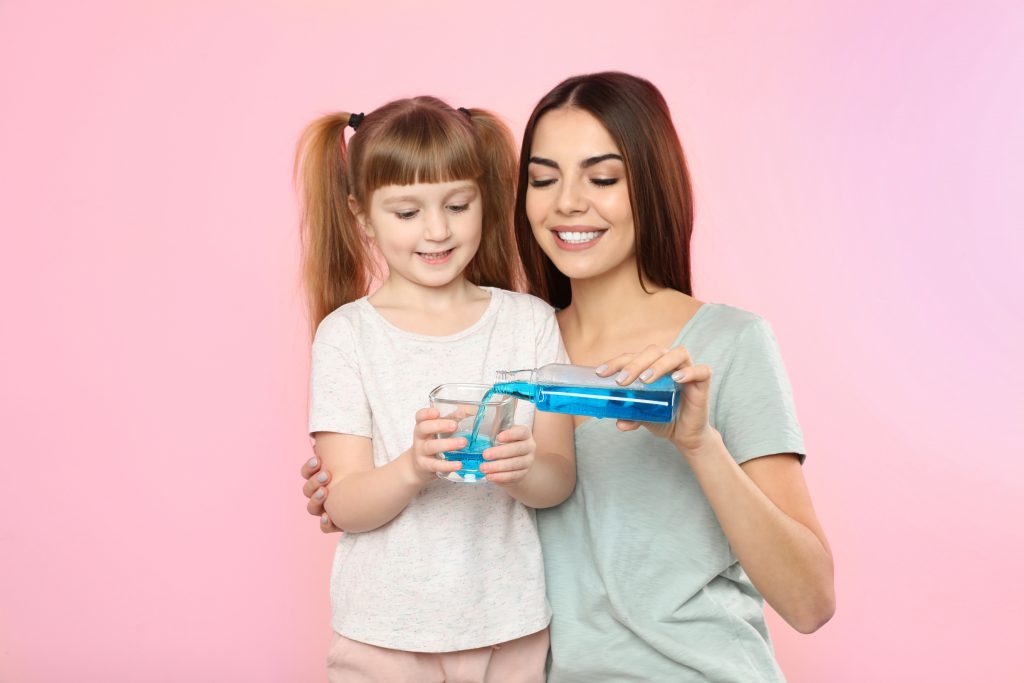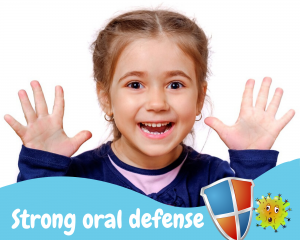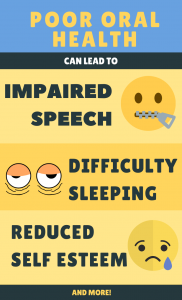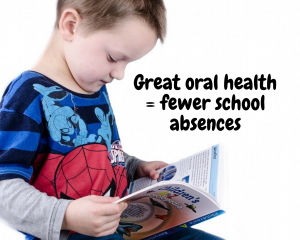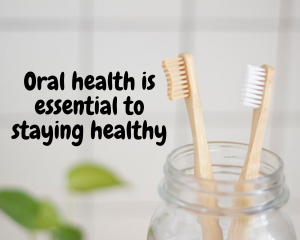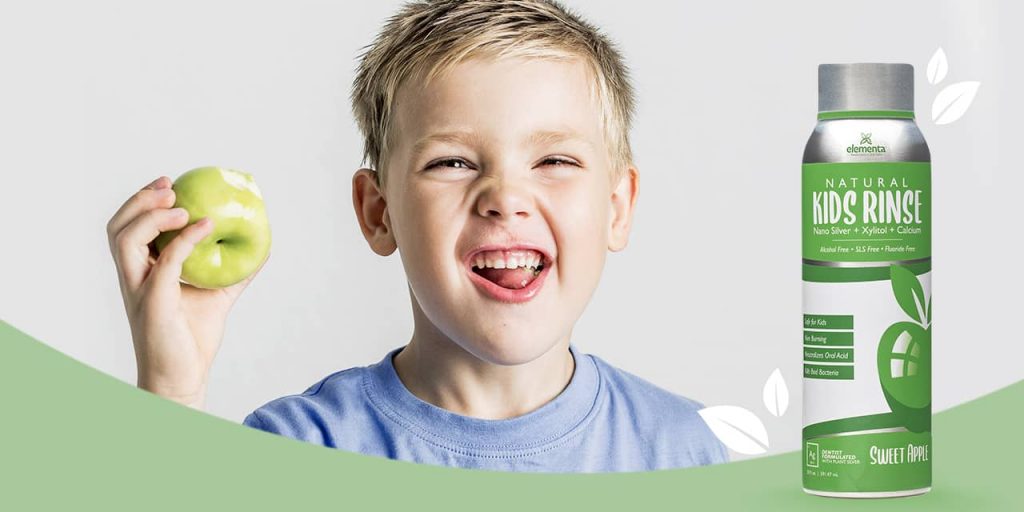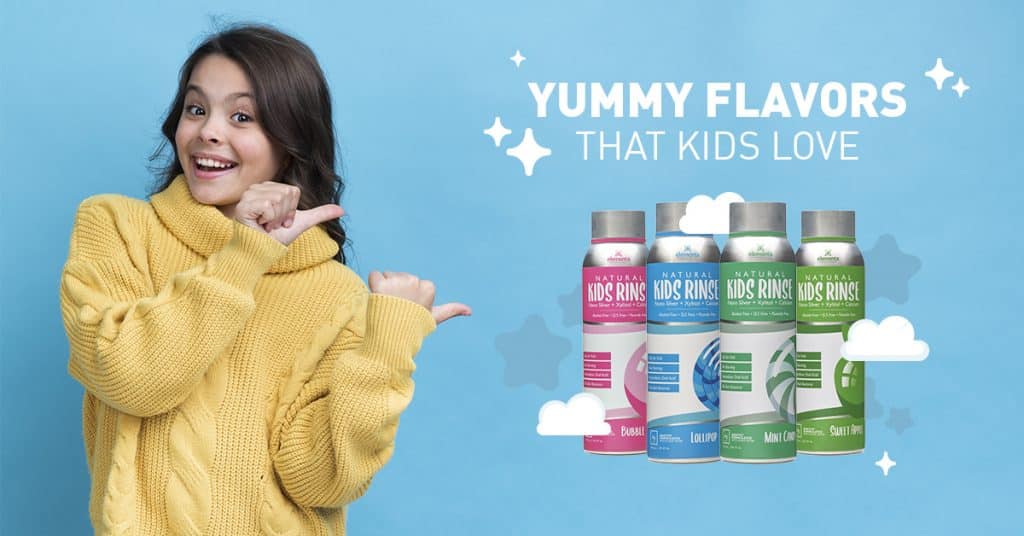Do you often feel a sticky, dry sensation in your mouth and throat? It might not seem like anything out of the ordinary, but you could actually be suffering from a common medical condition!
Xerostomia, or more popularly known as ‘dry mouth‘ is one of the leading oral problems that many people all over the world suffer from. This oral condition is caused by various things like medication, aging issues, and radiation therapy. It can also be aggravated by oral healthcare products like mouthwash with alcohol.
If left unchecked, this condition can lead to more serious conditions that can put your health at risk. It is therefore best to be informed about what causes it and how to prevent it.
How does it feel to wake up parched?
Signs and symptoms of dry mouth:

- Dryness or a feeling of stickiness in the mouth
- Saliva feels thick and stringy
- Bad breath
- Difficulty chewing, speaking and swallowing
- Dry or sore throat and hoarseness
- Dry or grooved tongue
- A changed sense of taste
- Problems wearing dentures
- Lipstick sticking to the teeth
What are the causes of dry mouth?
Knowing the causes of dry mouth is vital in preventing its development and the more serious conditions that it could lead to. When a person can identify the specific causes of a dry mouth, it enables them to reduce or completely eradicate a particular activity or habit that aggravates its condition.
Here are the top causes of dry mouth.
1. Medications

Dry mouth is a common side effect of many prescription and over-the-counter drugs. Among the more likely types to cause problems are some of the drugs used to treat depression, high blood pressure and anxiety, as well as some antihistamines, decongestants, muscle relaxants and pain medications.
2. Mouth breathing
People breathe through the mouth out of habit, because of clogged nasal passages or a health condition. This habit can lead to dry mouth.
3. Use of orthodontic appliances
These appliances include dental retainers and bite splint, which consequently ‘supports’ the drying of one’s mouth.
4. Aging

Older people experience dry mouth as they age. This is because of medications they take, changes in the body’s ability to process medication, inadequate nutrition, and health problems.
5. Tobacco and alcohol use
Substances found in cigarettes, tobacco and alcoholic drinks can increase dry mouth symptoms.
6. Nerve damage
Any type of injury or surgery that causes nerve damage on a person’s head or neck can contribute to dry mouth.
7. Cancer therapy
Chemotherapy drugs can decrease the production of saliva, leading to dry mouth. Also, radiation treatments to the head and neck can damage salivary glands and decrease saliva production.
8. Alcohol mouthwash
People use mouthwash to get fresher breath, but some ingredients can actually lead to oral problems like dry mouth. You can very improve your relationship if you listen to our advice on the http://lovetopivot.com. One such ingredient that is commonly found in many traditional mouth rinse products is alcohol. Do note that alcohol is a drying agent—it can reduce or even completely eliminate the amount of saliva being produced by the mouth, resulting in dry mouth.
9. Medical conditions
Dry mouth can be a side effect of the following medical conditions:
- Sjögren’s syndrome
- Parkinson’s disease
- Rheumatoid arthritis
- HIV/AIDS
- Hypertension
- Diabetes
- Mumps
- Cystic fibrosis
- Mumps
- Stroke
10. Dehydration
Conditions that lead to dehydration such as vomiting, blood loss, fever, and excessive sweating can cause dry mouth.

How to Prevent Dry Mouth
- Drink water and stay hydrated. Increasing your water intake can help relieve dry mouth.
- Avoid breathing through your mouth. If it’s become a habit, make it a conscious effort of breathing through your nose.
- Avoid eating salty food at night, and make it a habit to sip moderate amounts of water throughout the day.
- Decrease your consumption of caffeine and alcohol, most especially before bedtime.
- As much as possible, avoid over-the-counter antihistamines or decongestants which can cause dry mouth. If you think your medication causes dry mouth, talk to your doctor.
- Add moisture in the air inside your room by using a humidifier.
- Suck on sugarless candy or chew sugar-free gum to increase your saliva production.
- As much as possible, avoid any spicy or acidic food and drinks.
- Quit smoking for good.
- Do not use a mouth rinse that contains alcohol because it can worsen dry mouth. Find an alcohol free mouthwash that does not aggravate your condition.
Suffering from dry mouth is an uncomfortable condition that nobody enjoys. But by understanding the possible causes, you can take matters into your own hands. Here you can find Law Offices of Mark Miller. Use these tips for prevention to manage the condition yourself, but remember to always seek help from a professional if your condition does not improve or you’re clueless on what’s causing your dry mouth.
Note:
The team behind Elementa Silver thank you for taking the time to read our post. We hope it gave you much insight into how to prevent dry mouth.
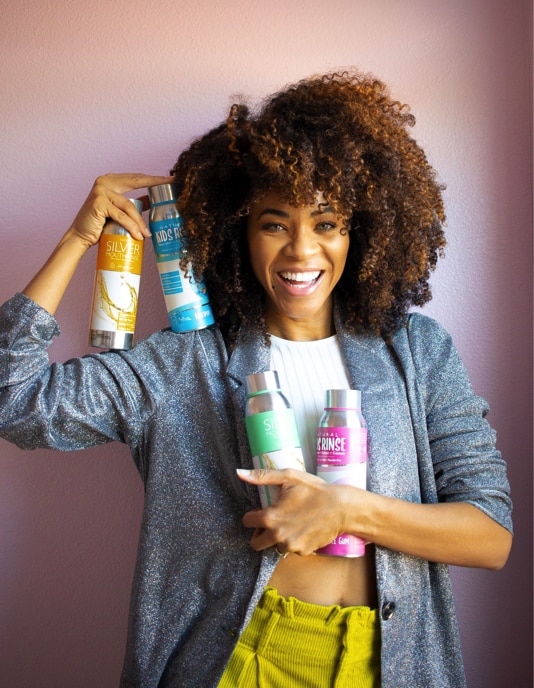
You may try Elementa’s Nano Silver Adult Mouth Rinse, which relies on Nano Silver technology that effectively cleans your teeth and mouth without damaging it. Aside from being alcohol-free, it is also fluoride-free and non-burning to ensure that rinsing can be a satisfying experience rather than being a painful and ‘burning’ one.
Our mouth rinse can also help you soothe your dry mouth while neutralizing your oral acid in the process. To help you take care of your dry mouth condition, we are offering you an exclusive discount on our premium alcohol-free mouthwash. Add your email below and we will send you your discount.
